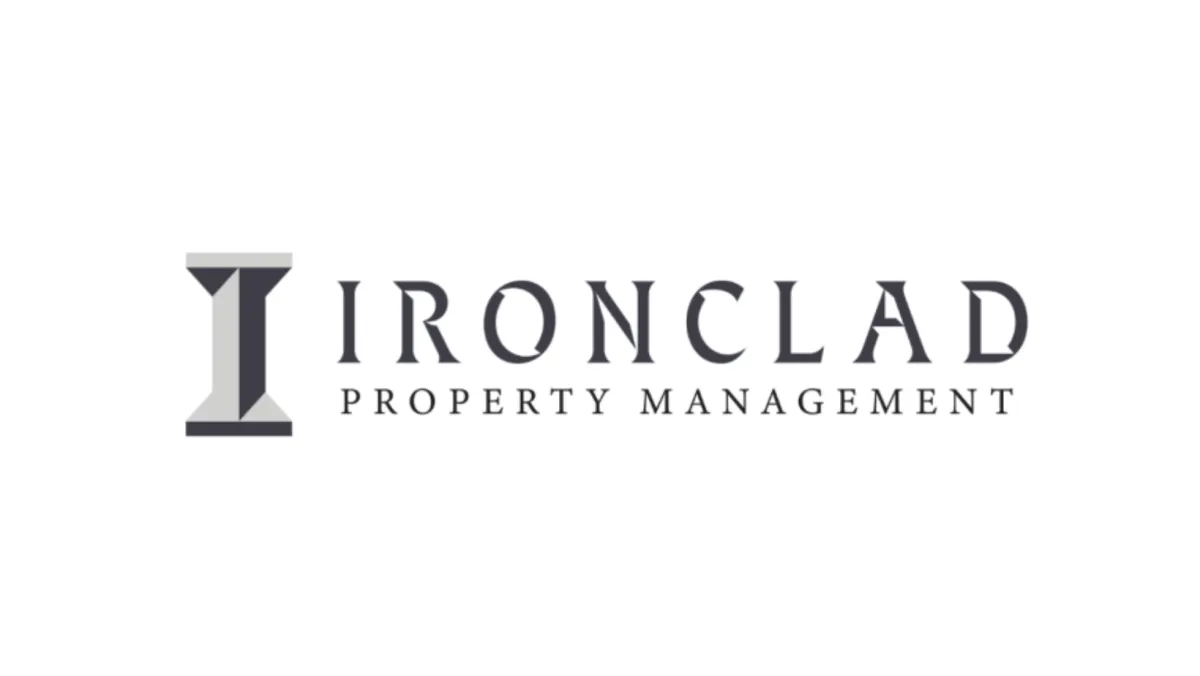From Vacancy to Cash Flow: How We Fill Units Fast (Even in Slow Months)
Struggling with rental vacancies? Learn how we turn empty units into steady cash flow fast. Discover proven strategies for smart pricing, rapid turnovers, high-converting marketing, and thorough tenant screening that keep properties rented even during slow months.





